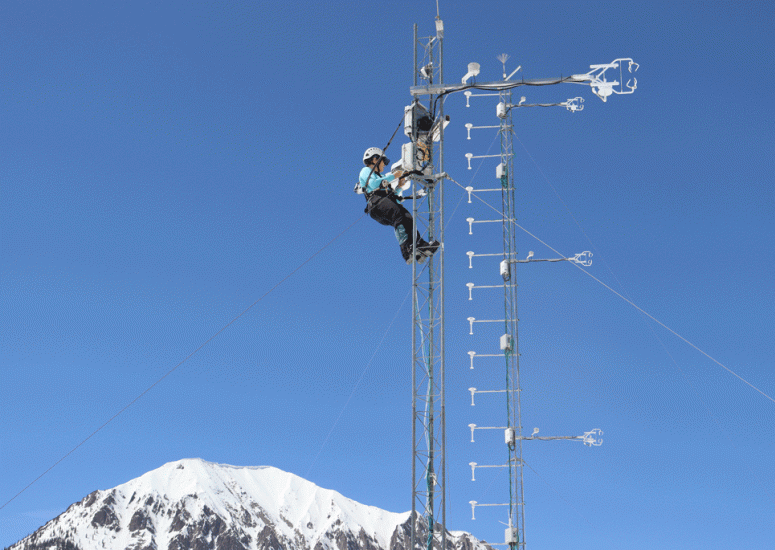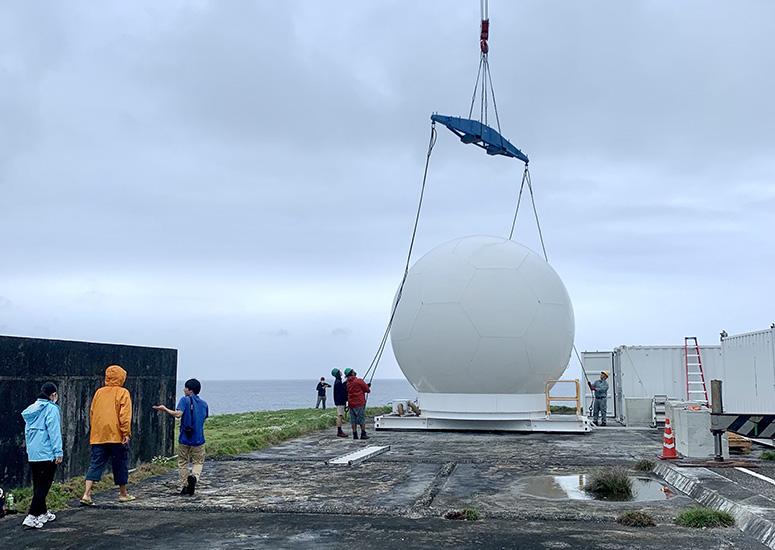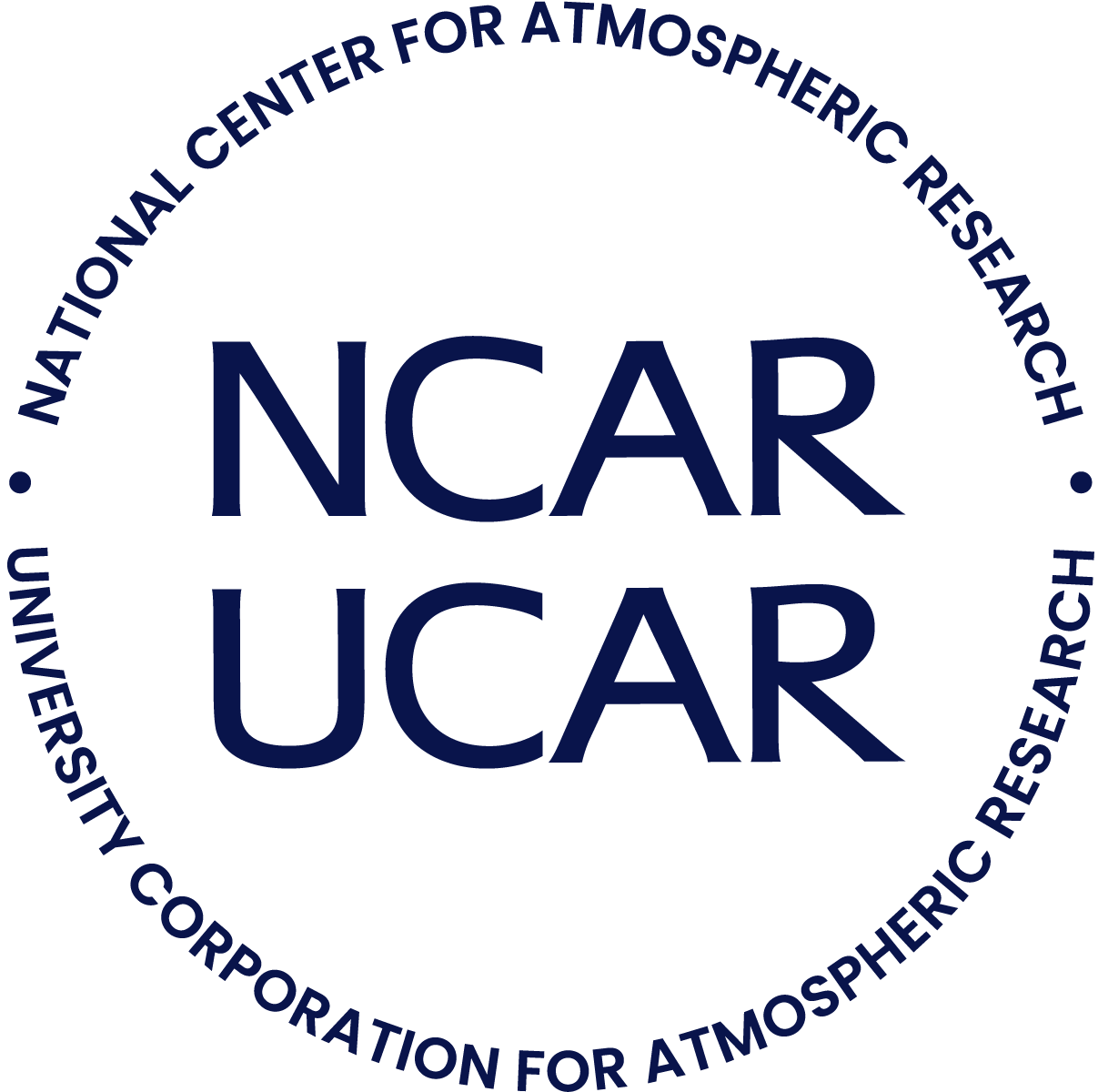Tag: Observing
-

How much snow disappears into thin air?
The Sublimation of Snow field project will eventually help water resource managers to better quantify critical water resources stored in mountain snowpacks.
- Water
-

NCAR’s next-gen airborne radar will have unmatched ability to peer deep inside storms
A next-generation airborne radar designed by NCAR that could revolutionize our ability to observe, understand, and ultimately predict high-impact weather events has received $91.8 million in funding from NSF.
- Weather
-
Climate change, natural variability combine to create extreme events
An analysis of high sea levels off Indonesia demonstrates the extent to which the compounding impacts of warming temperatures and natural variability can create extreme events.
- Climate
-

Research aircraft to investigate monsoon-climate connections
The Asian Summer Monsoon Chemical and CLimate Impact Project (ACCLIP) will allow a team of international scientists to study how the Asian summer monsoon — one of the largest and most important meteorological patterns in the world — affects atmospheric chemistry and global climate.
- Air Quality,
- Climate
-

NCAR joins international field campaign to study extreme rainfall in Pacific
A field campaign to study extreme rainfall is underway this summer, bringing together an international team of atmospheric experts in one of the wettest areas of the globe. Based out of western Taiwan and a southern island of Japan, the Prediction of Rainfall Extremes Campaign in the Pacific (PRECIP) research team, including experts from the National Center for Atmospheric Research (NCAR), will be carefully collecting data and observations of the extreme storms and monsoons that are common in this region.
- Weather

